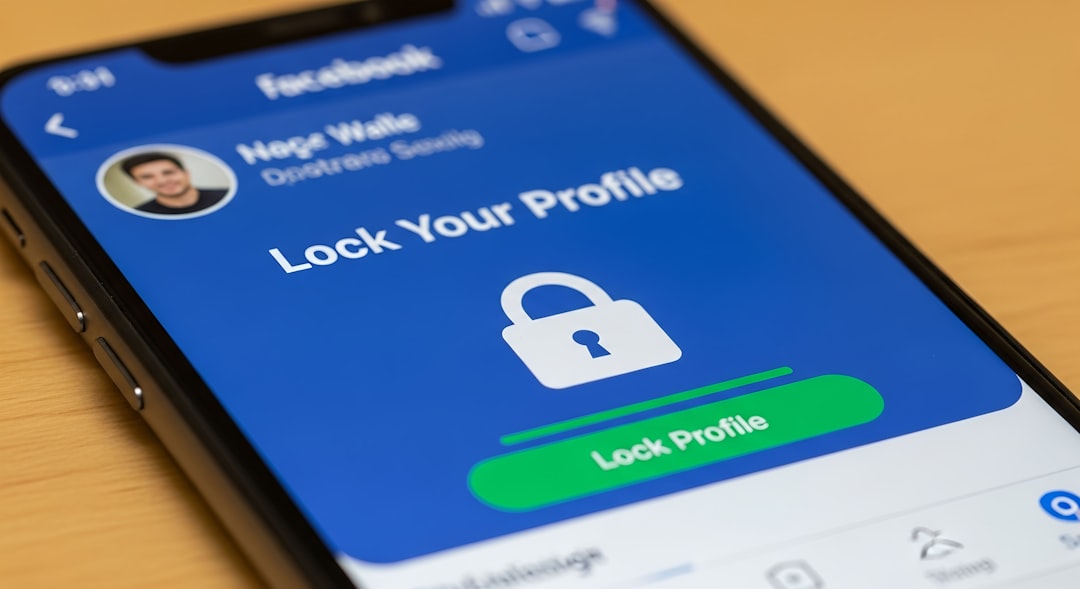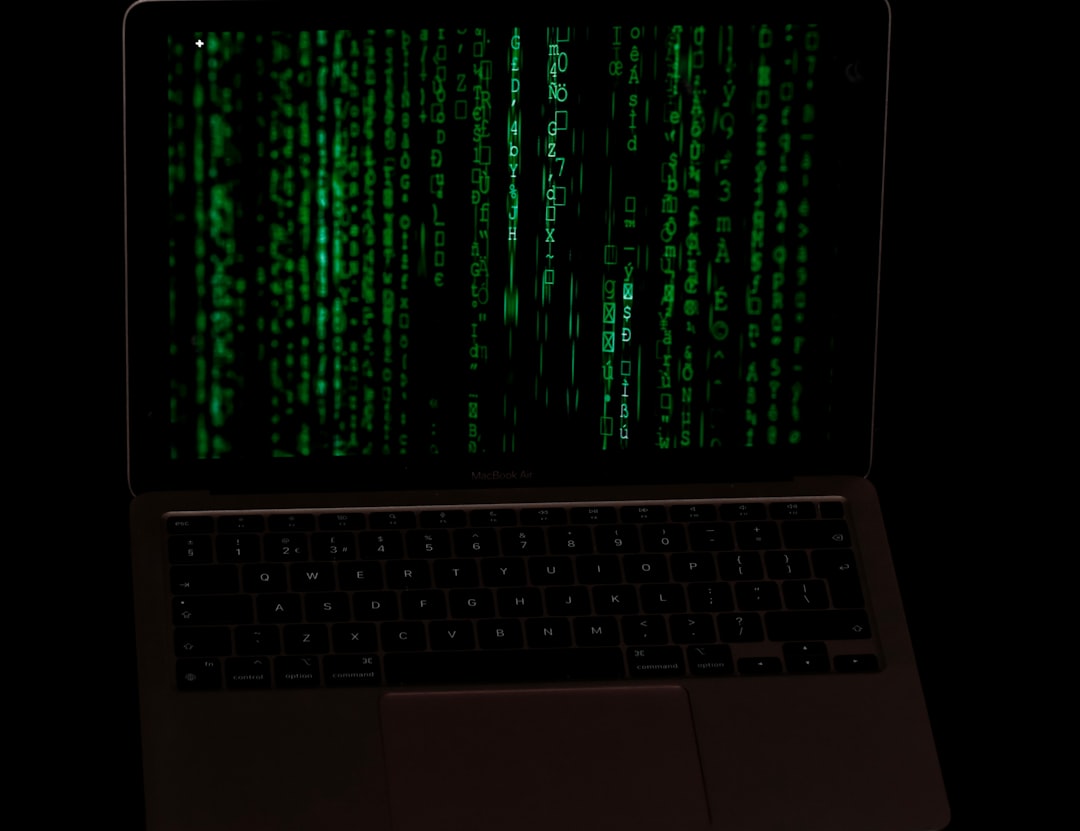In a significant move that underscores the growing concern over online content regulation and child protection, the European Union has launched an investigation into the age verification systems used by Pornhub. This initiative comes as part of a larger effort by EU regulators to ensure that minors are adequately prevented from accessing adult content. The European authorities are questioning whether current verification mechanisms are stringent enough to effectively keep young viewers away from content meant only for adults.
Pornhub, one of the largest adult entertainment websites globally, reportedly attracts millions of visitors daily, and its practices are now under the microscope of European regulatory bodies. In recent years, the issue of underage access to pornographic material has escalated, prompting governments and organizations worldwide to demand stricter age verification processes.
The EU’s investigation will explore various facets of Pornhub’s age verification practices, looking at both the technological and procedural approaches the site employs. At the heart of the inquiry is whether these methods align with European standards for online safety and privacy. Critics have long argued that the “click-to-enter” models, which allow users to merely affirm their age without any robust verification, are insufficient. Some call for more sophisticated measures, such as requiring ID uploads or linking to digital identity services, which could provide better safeguards against underage access.
There are potential implications for this scrutiny on a broader scale. If the EU determines that current age verification practices are inadequate, this could set a new standard, prompting other countries to follow suit. Moreover, tech companies involved in creating verification systems might see new opportunities as demand for more secure systems rises. As age verification technologies evolve, there’s a balancing act between enforcing stringent checks while ensuring user privacy and preventing data misuse.
Countries like the UK and Australia have already made strides in this area by legislating against underage access with policies requiring more rigorous age verification. The EU’s actions could spur further legislation across the continent, making compliance a necessity for any adult content platform operating in Europe.
The investigation highlights the complex challenge of protecting children in the digital age while respecting adult freedoms and privacy. It poses important questions about how best to use technology in enforcing age restrictions without infringing on individual rights. The outcome of this probe could potentially influence global norms for age verification and online content accessibility.
In conclusion, the EU’s scrutiny of Pornhub’s age verification methods is more than just a regulatory issue—it reflects a growing demand for responsible digital governance and child protection. As we await the outcomes of this investigation, the future of how adult content is accessed in Europe, and potentially globally, hinges on striking a balance between usability, security, and privacy.
Cyber Security
Pornhub
















Leave a Reply